The NIEHS Worker Training Program (WTP) has developed a number of training tools and other resources to assist awardees and program stakeholders in their disaster preparedness and response training efforts. To learn more about WTP efforts to ensure the safety and health of workers in the aftermath of disasters, download the disaster fact sheet(738KB). Resources in this section are organized by disaster type.
Booklets are available as a resource to distribute for emergency responders and cleanup workers. These pocket-sized guides address a variety of disaster types, and some are available in more than one language. Download the Disaster Tools app for on-the-go access to WTP disaster training tools.
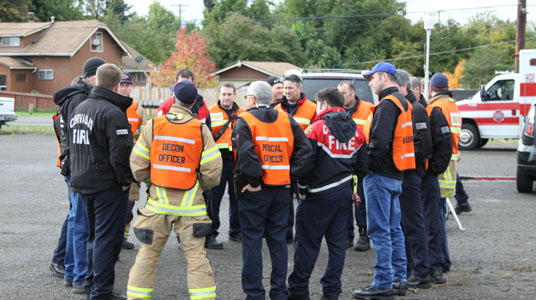
All-Hazards Resources
This page contains resources relevant to a variety of natural or man-made disasters and emergencies, including WTP training tools, awardee resources, and links to federal websites and other documents. Information found here provides guidance for emergency responders, skilled support personnel, homeowners, and business owners.

Extreme Heat and Climate Resilience
This page shares the health impacts of extreme heat and climate change on various worker populations and communities. It also shares anticipated training needs for workers, and ways to build individual and community resilience to climate change and extreme heat exposure.
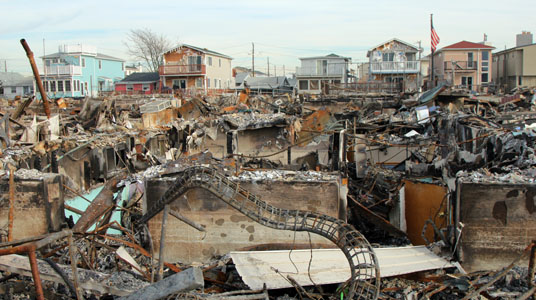
Disaster Research Response
The NIH Disaster Research Response Program (DR2) is a collaborative effort by NIEHS and the National Library of Medicine that aims to improve capabilities for performing timely environmental health research in response to emerging threats and disasters. The DR2 website offers data collection tools, research protocols, disaster research news, and more.
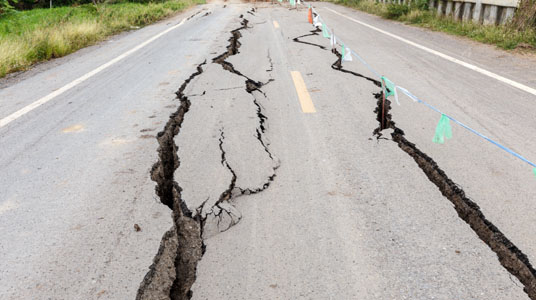
Earthquakes
The WTP has been actively involved in earthquake response and cleanup activities, including those related to the 2010 Haiti earthquake and the 2011 Japan earthquake. Resources developed as part of these efforts provide health and safety information for workers who may be involved in earthquake response and cleanup operations.
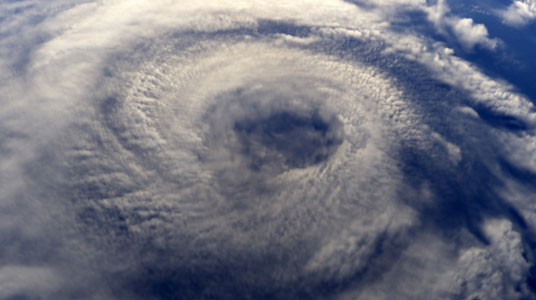
Hurricanes & Floods
This page offers resources for those responding to the aftermath of a hurricane or a flood, including training tools developed and delivered by the WTP and its awardees in connection with Hurricane Katrina and Hurricane Sandy response efforts. Information and guidance on mold remediation can also be found here.
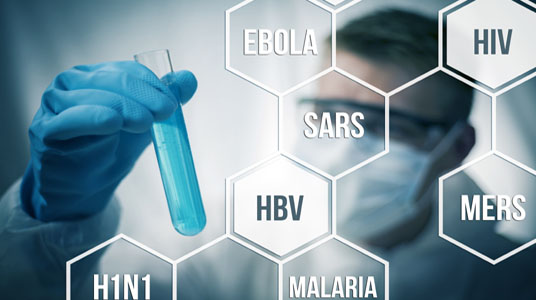
Infectious Diseases
NIEHS supports the development of occupational safety and health and infection control training programs for workers who may be at risk for exposure to infectious diseases. This page provides resources related to infectious disease preparedness and response, including information on specific pathogens.
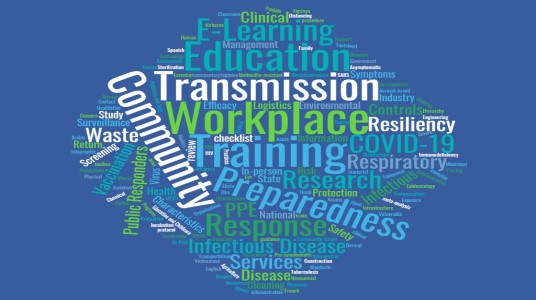
Material Upload and Search Tool for Infectious Disease
The Material Upload and Search Tool for Infectious Disease (MUSTID) is a searchable portal that provides easy access to resources on infectious disease and worker safety shared by, and relevant to, the WTP and others interested in worker safety and health.

Oil Spills
WTP awardees have provided resources, trainers, and subject matter expertise during many oil spill response and related cleanup operations. Resources on this page provide health and safety information for workers who may be involved in oil spill response and cleanup activities.

Opioids & Substance Use: Workplace Prevention & Response
Workers in high-risk occupations or who work in hazardous environments face significant risk of injury, which may lead to opioid or other substance use, overdose, or death. First responders also face the risk of occupational exposure to opioids. This page provides resources related to opioid exposure, use, and prevention.
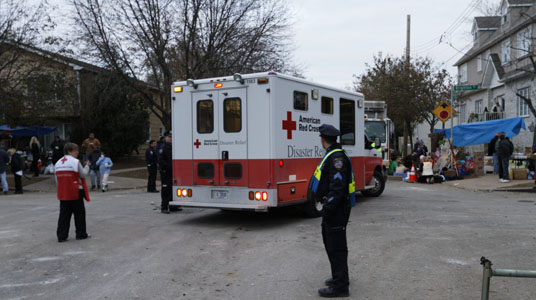
Responder & Community Resilience
The WTP launched the Gulf Responder Resilience Training Project (GRRTP) in 2012 to develop behavioral health training for disaster-impacted communities. This page contains GRRTP reports; training materials intended for disaster workers, disaster supervisors, and disaster care providers; and links to federal resilience resources.
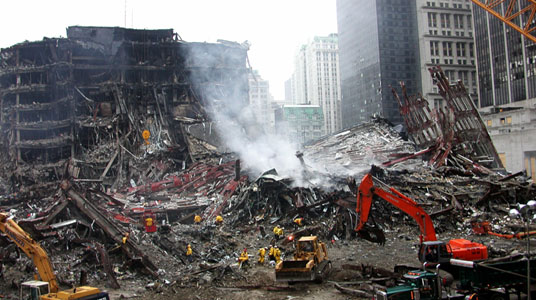
Terrorist Attacks
The WTP has been a national leader in the effort to train workers to respond safely to terrorist incidents and natural disasters. This page offers resources that address various types of terrorist incidents—including chemical and biological terrorism and “dirty bomb” events—and the training implications of such events.
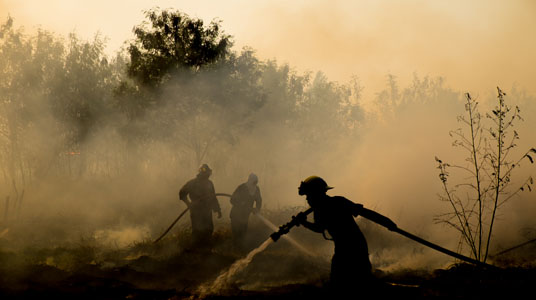
Wildfires
The WTP and its awardees have provided resources and training in support of wildfire response operations in the United States. Resources on this page provide health and safety guidance for workers who may participate in a wildfire assessment and cleanup.


